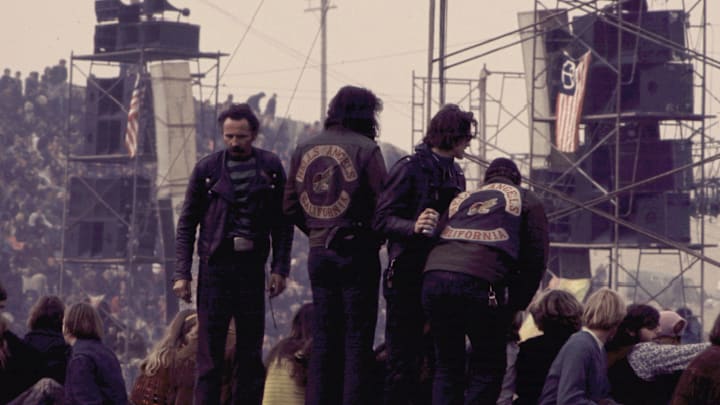Rock 'n' Roll High School (1979)
RRHS was a lot better in 1979 than it is today. Or maybe, I was just better able to enjoy it when I was a lot younger. Either way, it has always been somewhat uneven, and tremendous fun. The story makes Grease, which inspired its production, look like Ibsen.
The other inspiration for the Allan Arkush movie was a cult classic The Rocky Horror Picture Show. New World Pictures, the brainchild of low-budget Svengali Roger Corman, positioned RRHS to be a cult movie from the outset. It was released as a midnight event, hoping to capture that fanatic Rocky Horror fanbase.
P.J. Soles is awesome as Riff Randle, the world’s biggest Ramones fan, whose goal in life is to get them to record her song, “Rock ‘n’ Roll High School. (I have never been able to independently confirm whether the name “Riff Randle” was a direct homage to “Riff Raff” of Rocky Horror Picture Show fame – but I assume it was.)
She has a good counterpoint in dour villain Mary Woronov as Principal Togar. Before it’s over the Ramones will show up – ugly, self-deprecating, and compelling all at once. And something will blow up. There is plenty of good music, from the Ramones and others, but none of it makes much sense. Unless you were in high school at the time. Then it was like a dream come true.
Phantom of the Paradise (1974)
OK – I’m not including The Rocky Horror Picture Show on this list, so if you were just sticking around waiting for it, you can go now. Rocky Horror was a phenomenon more than a movie, and if you try to watch it today without the benefit of the live show that accompanied every midnight screening back in its day, the movie can be tough sledding.
The first half is still fairly awesome, but that second half is virtually unwatchable. Instead, I’m going to suggest Brian De Palma’s epic flop Phantom of the Paradise. It predates the Rocky Horror movie but came after the original Rocky Horror stage show.
Brian De Palma is an erratic, spectacular filmmaker, and Phantom pulses with cinematic energy, even if the story is a huge mess. And for De Palma, one inspiration is never enough, so though this is primarily a rock and roll version of Phantom of the Opera, there are homages to everything from 1919’s The Cabinet of Dr. Caligari to Hitchcock’s Psycho. The climax is part Manchurian Candidate, part Beauty and the Beast. It’s all fairly breathtaking.
Plus, it has some truly great music, composed by soft-rock songwriter extraordinaire Paul Williams, who also does a marvelous job as the evil Swan, a music mogul from Hell (literally.) And for those who may be interested, Phantom of the Paradise, despite all the insanity, is highly prescient about where pop music and pop culture writ large was at the time – and where it was headed.
